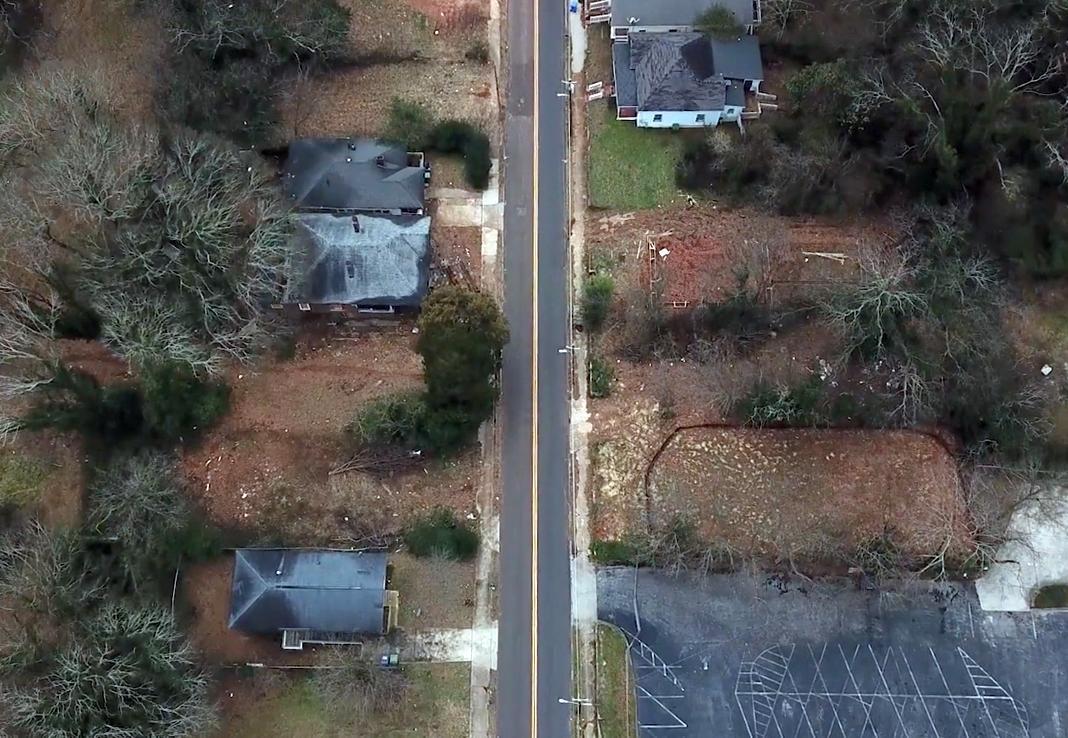This post is part of our Social Impact Summer Series. Initiated by The Institute for Social Justice Inquiry and Praxis and the Faculty Blog editorial team, the Series is meant to facilitate timely reflections and commentaries on unfolding events and to provide space for our faculty colleagues to strategize and coordinate efforts as we work toward freedom for ourselves, our students, and our communities.
Black Lives Matter. We say it, we write it, we shout it and demonstrate it because we live in ways that counter the assertion.
The need to be heard and seen is at the center of protests triggered by the recent killings of Black people, birthed by systemic racism, and evolved from a history of erasure that remains evergreen.
Land ownership is freedom, and racism has dismantled that freedom for Black people globally. Within the United States, racism created loopholes that limited Black people to land under the Homestead Land Act of 1862. Racism established the Black Codes in 1865. Racism burned Black Wall Street to the ground in Tulsa in 1921. Racism allowed the people of Rosewood to be massacred in 1923. Racism established racial covenants in the early 1900s that contribute to today’s inequities in real estate, health, public and private sectors.
Racism allows developers in Atlanta, Brooklyn, D.C. and other meccas to displace generations of Black families in the name of “neighborhood revitalization.” Racism allows Flint, Michigan to poison public water systems without accountability. Racism prevents protections for the Gullah and Geechee land owners of coastal land that has been held in common for generations in Florida, Georgia, South Carolina and North Carolina. Racism allows disaster capitalism to sweep in when our communities are struggling to recover from a hurricane or a pandemic.
Linda Fay Williams helped to contextualize in her text, The Constrain of Race: Legacies of White Skin Privilege in America:
The problem was that meeting the needs of freed blacks for land required an alternative vision of the south in which white privilege no longer ran rampant. For this vision to be realized, unearned white advantages, white racial preferences, and conferred white dominance would have to be openly addressed and challenged, if not destroyed - for the conflict over land was in a very immediate sense a conflict over whiteness as a real and imagined property value.
Racism has crept into Atlanta’s Westside, again. And as developers make offers to purchase land that sits campus-adjacent, Morehouse can protect our community that is threatened by the purge of gentrification and displacement.
The College has already begun ways of talking about, and leveraging the use of the property the College owns to embolden and make the community in which Morehouse sits, one that is seen, valued and preserved without erasure of a people and our history.
We have a unique ability to demonstrate responses to protests beyond ourselves in safeguarding and embracing Black people and Black communities.
______
Mikki K. Harris is a senior assistant professor of journalism and communication studies, and is the co-founder of The Atlanta Drone Lab. As a multimedia journalist and documentary filmmaker, Mikki focuses on social impact through narratives and innovation projects that engage, preserve and protect communities.




Tag(s):
Morehouse Faculty